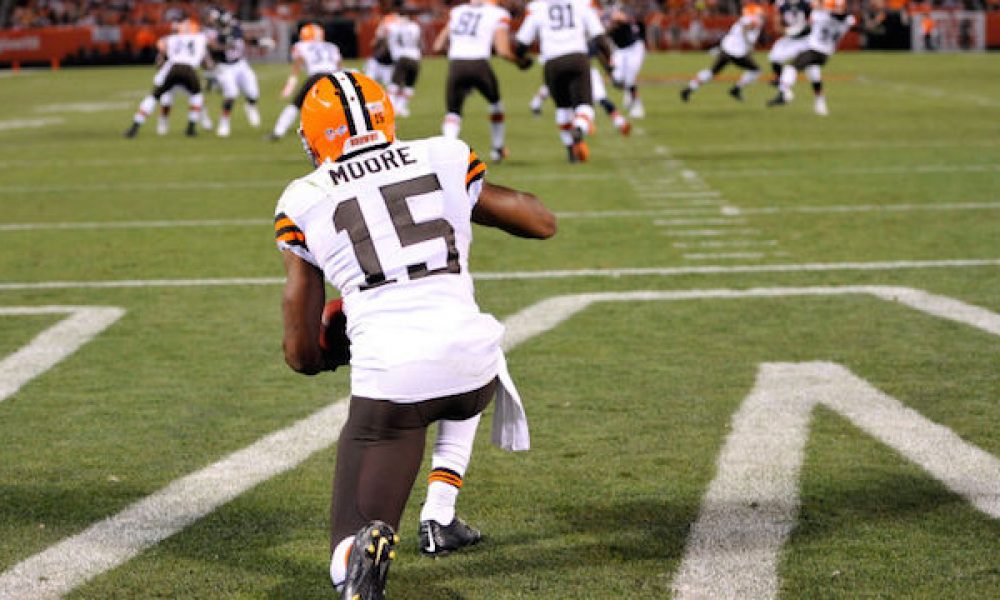
NFL Consults with Coaches to make Kickoffs Safer
The NFL is nothing if not unwavering in its attempts to make the game safer, whether the fans like the changes or not. In its latest attempt to improve the safety of kickoffs, the league has held a conference call involving all 32 special teams coordinators.
The meeting of the minds was organised by Vice President of Officiating, Dean Blandino, and featured some unique suggestions for simplifying what is still the most volatile aspect of the game.
And while it’s highly unlikely that any proposed new rules would be adopted for the 2016 season, some coordinators very seriously floated the idea of stationary starts for the chasers of the team kicking off, the outlawing of all wedges formed by the receiving team, and the possibility of treating kickoffs like punts in that they cannot be recovered as live balls.
On the first suggestion, the NFL has already limited the chasers’ running start to just five yards on a kickoff. Several years ago, gunners used to stand ten or more yards deep, building up a mighty head of steam before the kicker’s foot had even touched the ball. At five yards, players have barely entered their stride in time for the kick. With zero head start, it’s hoped that the play will be slowed down just that little bit more so as to prevent unnecessary contact.
It’s arguably the only proposal with a practical, measurable outcome; so don’t be surprised to see it mentioned again this time next season. As for this season, rules have already been enacted to start an offense at their own 25-yard line should the kick result in a touchback.
Those extra five yards might tempt returners to play things a little safer, and reconsider their options when fielding a kick several yards behind their goal line. And by making things just a fraction easier for the offense, the NFL also fulfils its own M.O. of points, points and more points in any given game.
It’s death may be slow and torturous, but make no mistake: the kickoff as we know it is an endangered species soon to be extinct. Just how much more watered down it becomes before it’s abolished entirely still remains to be seen.




